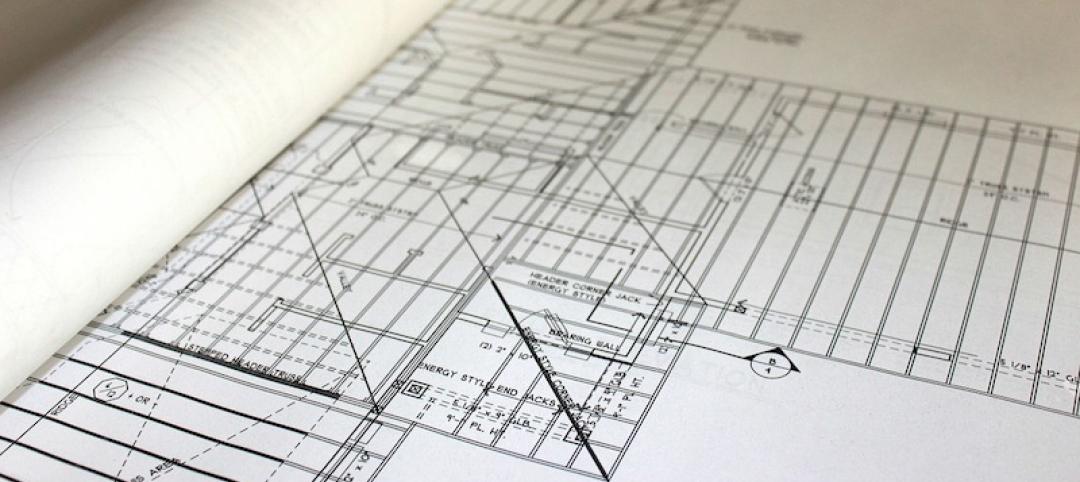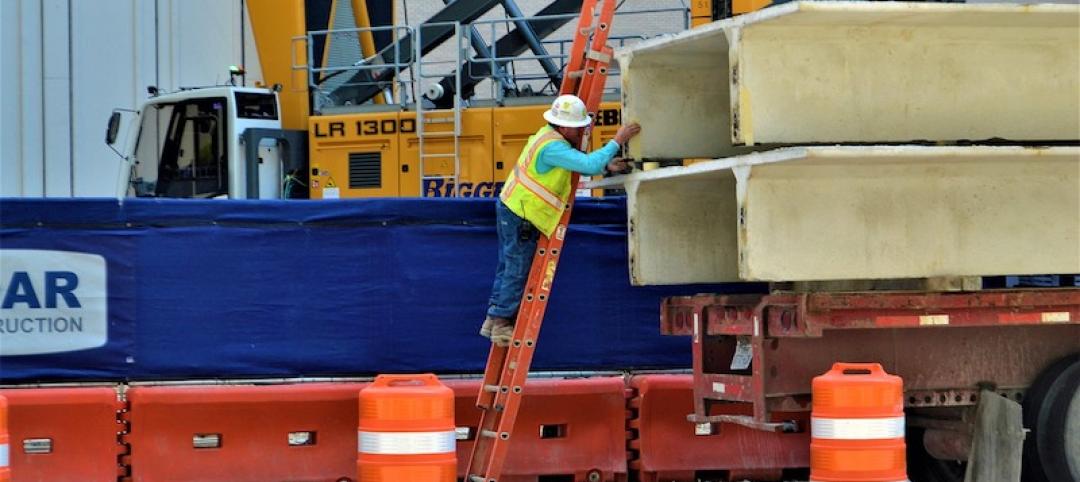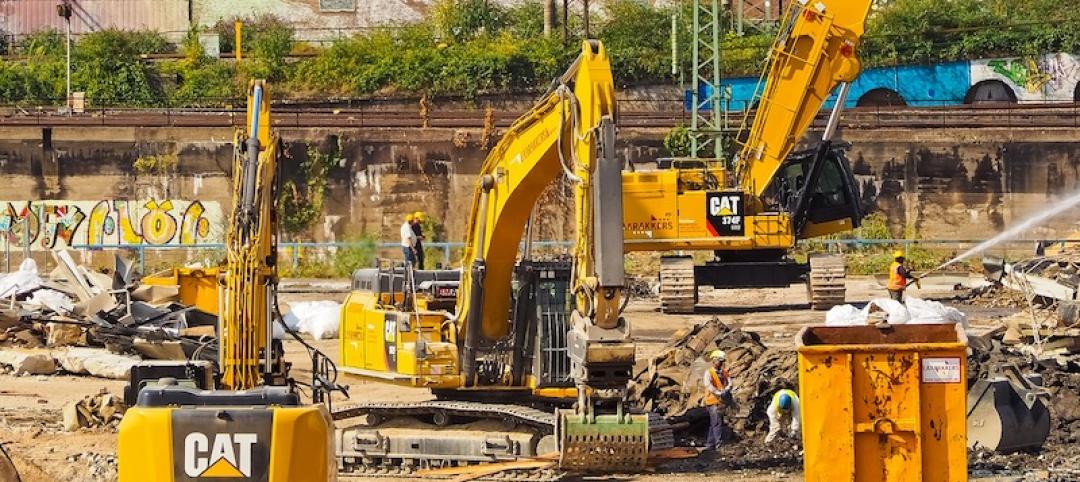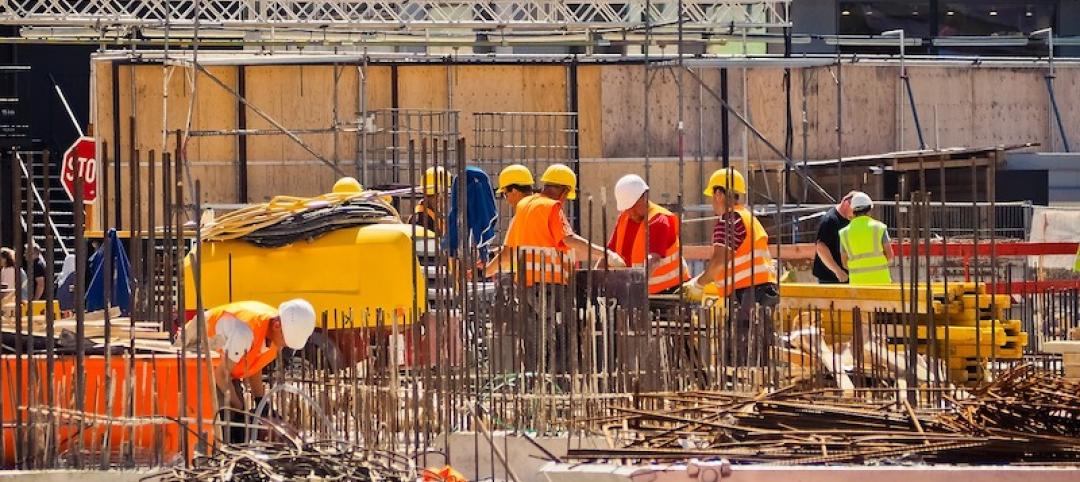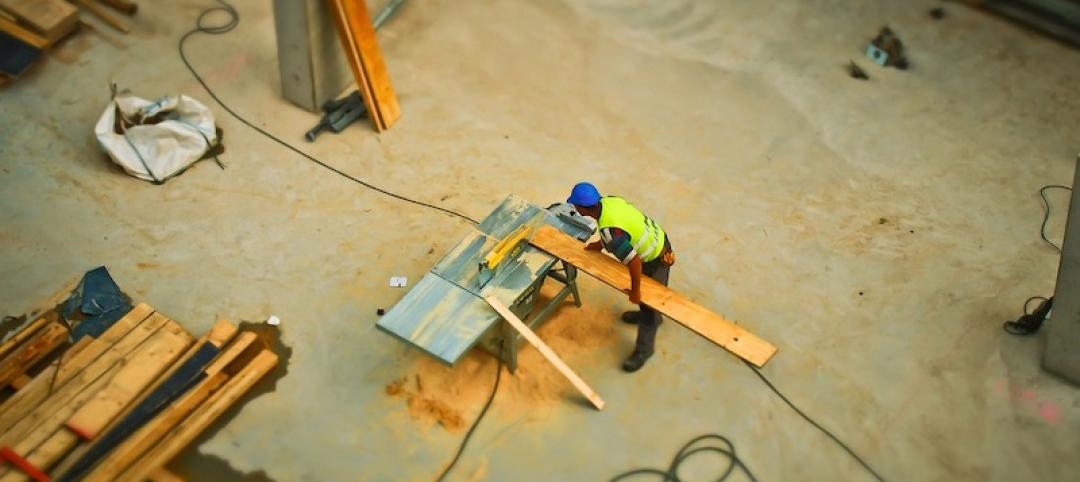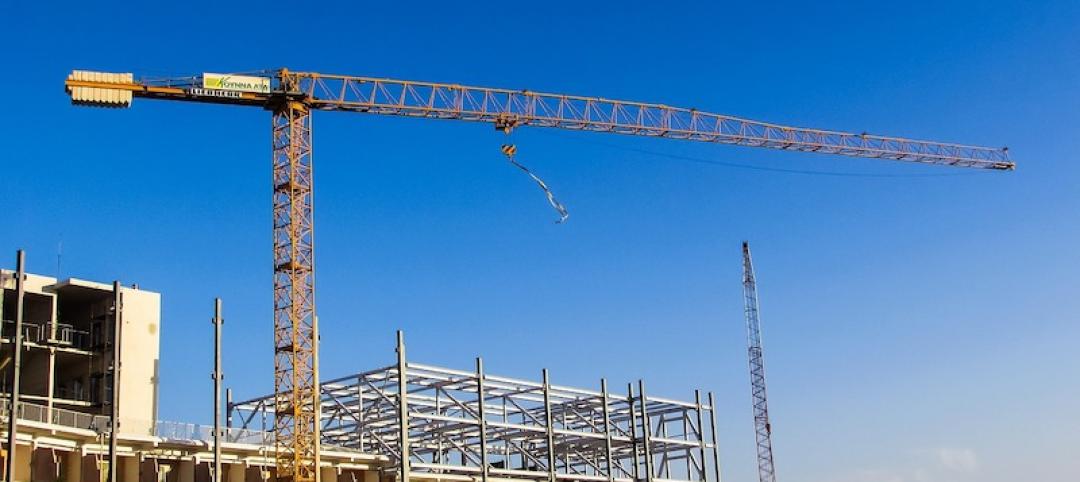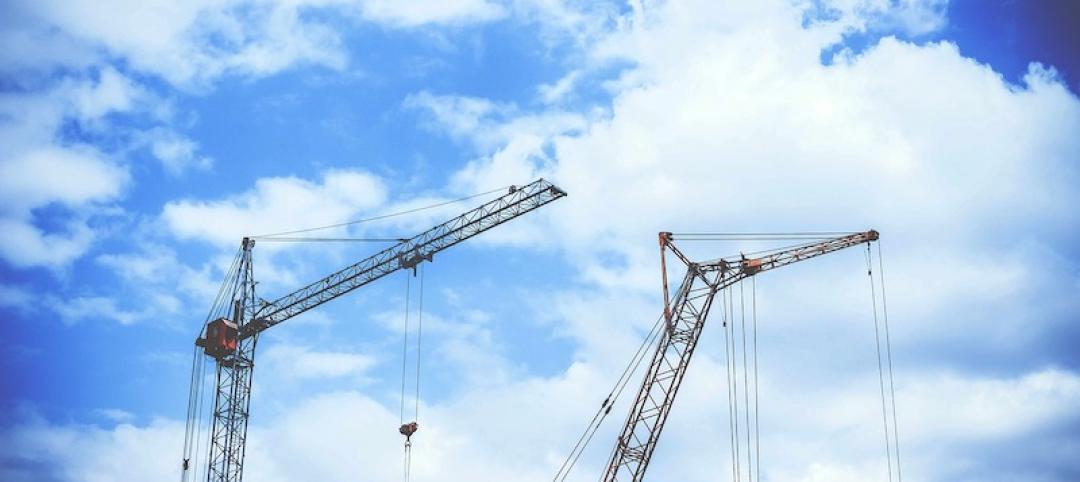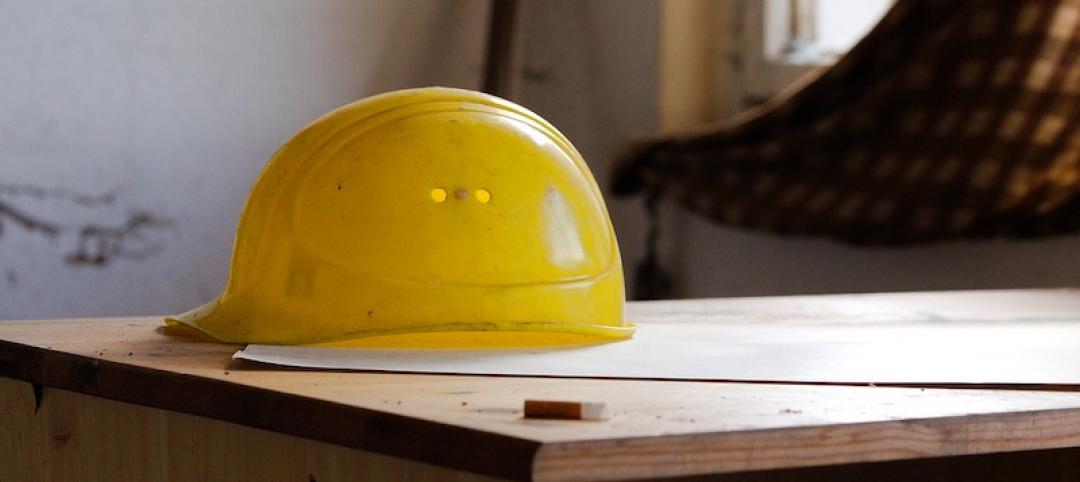As communities across the US initiate phased reopening plans, The American Institute of Architects (AIA) is releasing new resources today to support employers, public officials and design professionals with re-occupying buildings more safely.
“Communities need guidance for reopening buildings safely during the pandemic,” said 2020 AIA President Jane Frederick, FAIA. “This initiative used credible science and current infectious disease data to develop practical strategies that can help businesses reopen their doors more safely during this pandemic.”
AIA’s initiative included a team of architects, public health experts, engineers, and facility managers who developed strategies to reduce the risk of COVID-19 transmission in buildings, promote social distancing standards, and enhance wellbeing in communities transitioning to new lifestyle norms. A comprehensive report of the initiative is available on AIA’s website.
Initial outcomes from the team were used to develop new and enhanced tools that can assist employers, building owners, and design teams with best practices to protect the health, safety and welfare of the public while providing services.
- Tool #1 - Risk Management Plan for Buildings – Provides a comprehensive process for assessing hazards in buildings and reducing risk. This methodology not only can be applied during the pandemic but for all shocks and stresses to create more resilient buildings and businesses.
- Tool #2 - AIA Re-occupancy Assessment Tool (2.0) - Provides an enhanced framework of strategies for re-opening buildings, including restaurants, retailers, offices, senior living facilities, schools and housing.
- Tool #3 - COVID-19 ArchMap – Architects can now input design strategies that mitigate risk of COVID-19 for any building type to AIA’s map. The map is produced in partnership with the University of Kansas’ Institute of Health + Wellness Design and intended to facilitate design innovation.
Outcomes from the charettes are also being used to develop tailored strategies and considerations for offices, retailers, schools, and senior living facilities. Individualized reports will be released in phases, in the near future.
AIA’s team used a virtual charrette workshop-a method used to study specific issues in a limited time frame using an intense brainstorming session-to develop the strategies.
As part of the sessions, a group of public, environmental, and occupational health experts and physicians provided an independently developed, 90-minute briefing on SARS-CoV-2 infectious disease transmission, epidemiological models, and insights into the most current research of the virus as of early May.
A complete summary of the public health briefing is available online.
Visit AIA’s website for more COVID-19 resources for architects.
Related Stories
Market Data | Mar 24, 2021
Architecture billings climb into positive territory after a year of monthly declines
AIA’s ABI score for February was 53.3 compared to 44.9 in January.
Market Data | Mar 22, 2021
Construction employment slips in 225 metros from January 2020 to January 2021
Rampant cancellations augur further declines ahead.
Market Data | Mar 18, 2021
Commercial Construction Contractors’ Outlook lifts on rising revenue expectations
Concerns about finding skilled workers, material costs, and steel tariffs linger.
Market Data | Mar 16, 2021
Construction employment in January lags pre-pandemic mark in 42 states
Canceled projects, supply-chain woes threaten future jobs.
Market Data | Mar 15, 2021
Rising materials prices and supply chain disruptions are hurting many construction firms
The same firms are already struggling to cope with pandemic impacts.
Market Data | Mar 11, 2021
Soaring materials costs, supply-chain problems, and project cancellations continue to impact construction industry
Costs and delayed deliveries of materials, parts, and supplies are vexing many contractors.
Market Data | Mar 8, 2021
Construction employment declines by 61,000 in February
Association officials urge congress and Biden administration to focus on new infrastructure funding.
Market Data | Mar 2, 2021
Construction spending rises in January as private nonresidential sector stages rare gain
Private nonresidential market shrinks 10% since January 2020 with declines in all 11 segments.
Market Data | Feb 24, 2021
2021 won’t be a growth year for construction spending, says latest JLL forecast
Predicts second-half improvement toward normalization next year.
Market Data | Feb 23, 2021
Architectural billings continue to contract in 2021
AIA’s Architecture Billings Index (ABI) score for January was 44.9 compared to 42.3 in December.



